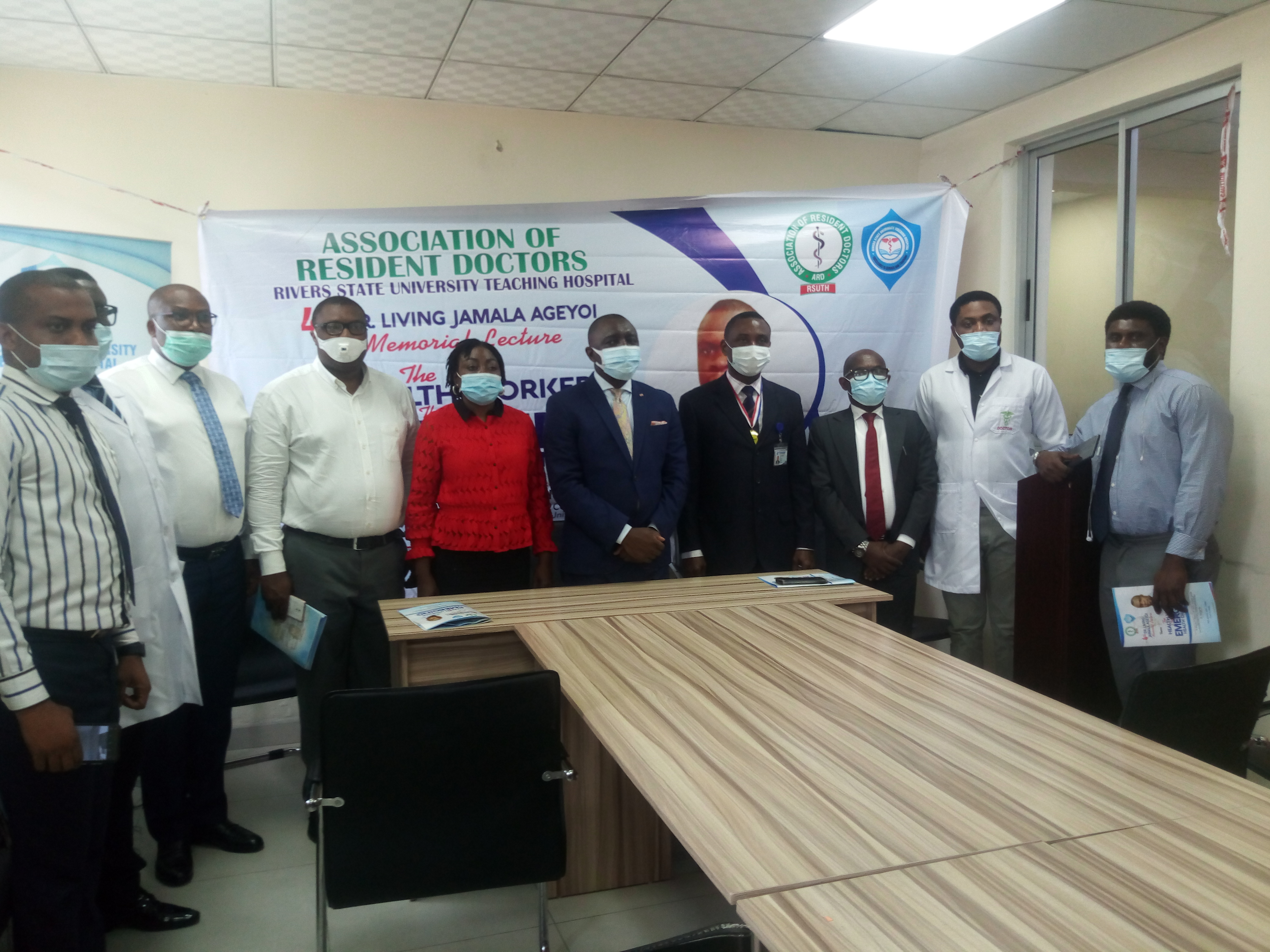Business
FG Inaugurates Committee On Non-Oil Export Expansion Facility

The Minister of Industry, Trade and Investment, Otunba Adeniyi Adebayo, yesterday inaugurated a steering committee for the implementation of the Export Expansion Facility (EEF) to boost non-oil exports.
Adebayo, at the virtual inauguration of the committee warned that the economy would remain vulnerable to external shocks with attendant effects of devaluation, inflation and unemployment, if the country did not grow its non-oil exports.
The minister in a statement by his Special Assistant on Media, Ifedayo Sayo, said that export growth was at the centre of the strategy for diversifying Nigeria’s sources of foreign exchange.
According to him, it would reduce the vulnerability of the economy to external shocks.
“We have witnessed the devastating impact of events outside our control can have on our livelihoods due to our reliance on a primary source of foreign exchange.
“The coronavirus pandemic further amplified these vulnerabilities and reminded us that if we do not grow non-oil exports, our economy remains vulnerable to external shocks and their ripple effects of devaluation, inflation and unemployment.
“However, I believe we are on the right path in addressing these concerns and have chosen the right partners for the journey,” he said.
He noted that the EEF is aimed at protecting export businesses from the effects of the COVID-19 pandemic, safeguarding jobs and de-risk the economy from shocks like COVID-19.
According to him, the EEF primary goal is to increase Nigeria’s export capacity in the near term and its export volumes in the medium term.
The minister added that the facility represented a huge financial commitment from the government and demonstrated President Muhammadu Buhari’s commitment to export diversification.
He listed the duties of the steering committee to include ensuring timely implementation of the programme in line with the Federal Government’s objectives and for the benefit of its intended beneficiaries.
According to him, it also includes approval of the Programme Implementation Plan and Budget in accordance with agreed priorities and approval of implementation strategy of EEF’s projects and target beneficiaries for each project, where applicable.
He added that the committee would ensure approval of disbursements to beneficiaries, vendors and implementation partners and review of the periodic performance reports and resolve implementation challenges.
Members of the committee headed by Adebayo as Chairman, include former Managing Director, Fidelity Bank, Mr Nnamdi Okonkwo, as the Vice Chairman, and Executive Director, Nigeria Export Promotion Council, Mr Olusegun Awolowo.
Others include President, Manufacturers Association of Nigeria (MAN), Mr Mansur Ahmed; Director, Commodities and Export Department of the ministry, Mr Suleiman Audu and Founder/Chief Executive Officer, Aisston, Mrs Suratu Umar.
Business
Lokpobiri Condemns Abandoned Refinery Project in N’Delta … Vows Revival
Business
FG Unveils Industrialisation Strategies In 2025 … To Conduct MSMEs Census
Business
Coy Strengthens Commitment To Nigeria’s Energy Future
-

 News4 days ago
News4 days agoS’South Deputy Govs Pay Condolence Visit To A’Ibom Colleague
-

 Niger Delta4 days ago
Niger Delta4 days agoHYPREP Presents Scholarship Grants To 300 Ogoni Postgraduate Students
-
Nation2 days ago
Party Chieftain Hails LG Boss’ Dev Strides
-
Niger Delta4 days ago
Environmentalist Makes Case For Oceans Preservation
-
Sports4 days ago
Aruna, renew rivalry at Singapore Smash 2025
-
Rivers2 days ago
Ohaneze Ndigbo-Group Hails Eze Umuokobo as Asst Treasurer
-
Business4 days ago
Expert Tasks Government On Civil Maritime Security Unit
-
Rivers2 days ago
Community Blames Lack Of Health, Education Facilities For High Maternal, Infant Mortalities … Urges Govt For Rescue

